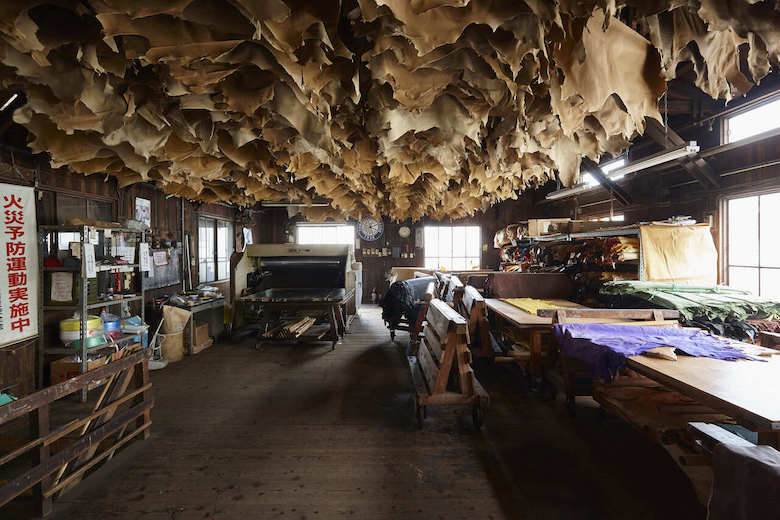Four free sessions on Russety tanning this month

A series of free information sessions on the topic of Russety leather, a vegetable tanning method based on wattle (acacia decurrens) bark extract, are due to be held in Japan this month.
Inspired by the United Nations’ Sustainable Development Goals, the Russety process prioritises “friendliness” in every action, according to Japanese developer Yasashii-Kawa. Importantly, it also hinges on what it calls the four “challenges to zero”, which are: zero chromium presence in industrial effluent; “zero stress for workers” in the form of safe, comfortable and healthy working environments; “zero stress for animals and livestock” (ie, proper animal welfare); and zero illegal and/or unfair trading practices, to contribute to a well-functioning leather industry.
Ongoing projects include the Japanese International Cooperation Agency-supported Mony scheme, which aims to drum up support for Russety tanning in Mongolia, the Happy Pig initiative to promote stall-free raising of domestic swine, plus the Matagi project to make leather and leathergoods from the hides of Japanese deer and wild boar, hunted in significant numbers each year to mitigate crop damage, which would otherwise be wasted.
Supporters include the Global Environmental Forum, Sonor, Kikuchi Leather, Yamaguchi Sangyo, Made in Japan Project Inc, Fujitou-syouji, Sklo, Hisago, Ecotourism Japan and more.
This month’s sessions range from both a Matagi project briefing event and practical skills development workshop on April 6, a course on using deer and boar hides for designers, brands and manufacturers on April 27, plus a tour of the active Russety Factory in Tokyo, which includes a small gallery and viewing area, also on April 27.
Find more details, including how to register, here (in Japanese).
Inside the Russety Factory in Tokyo. Credit: Yamaguchi Sangyo.







